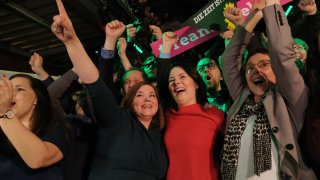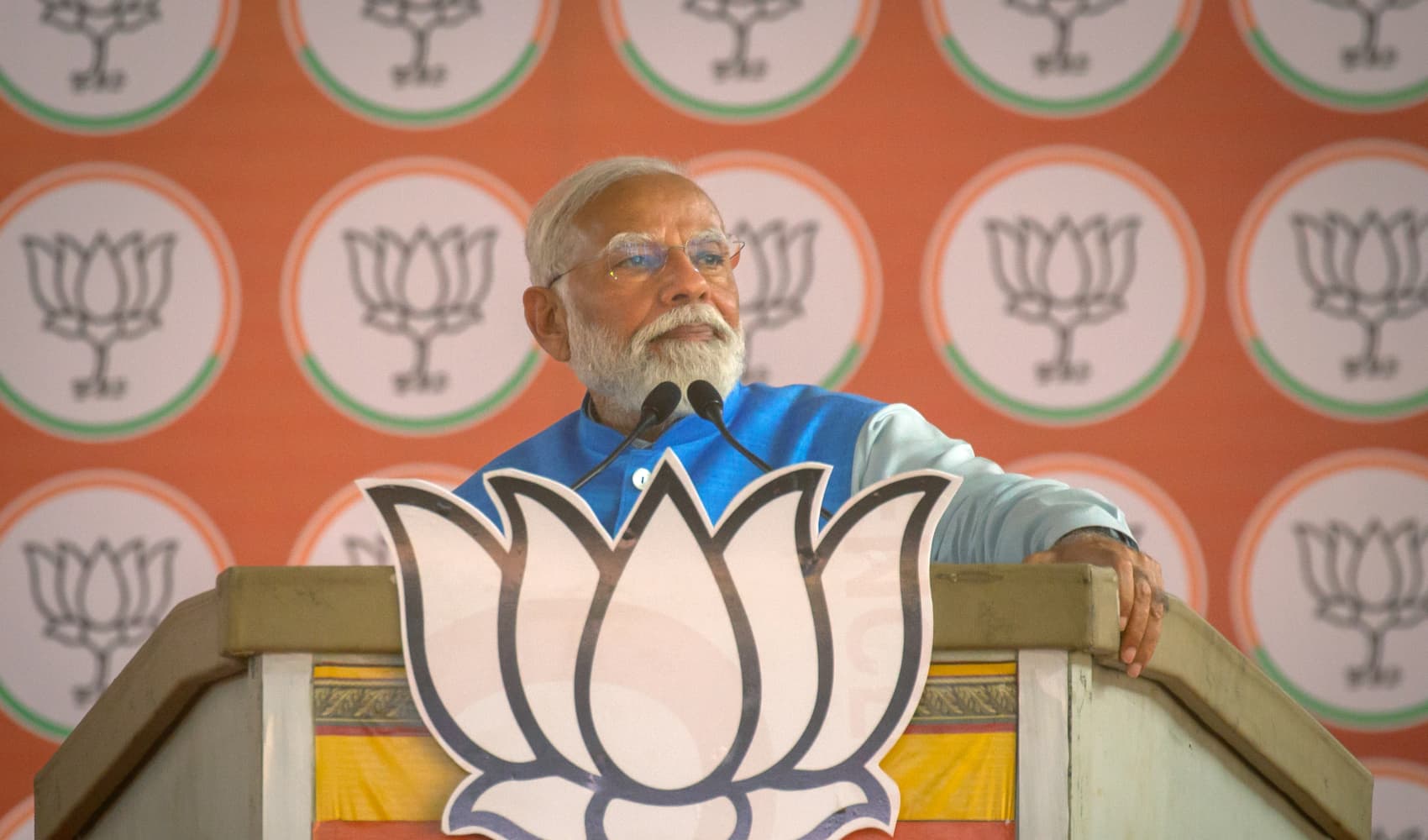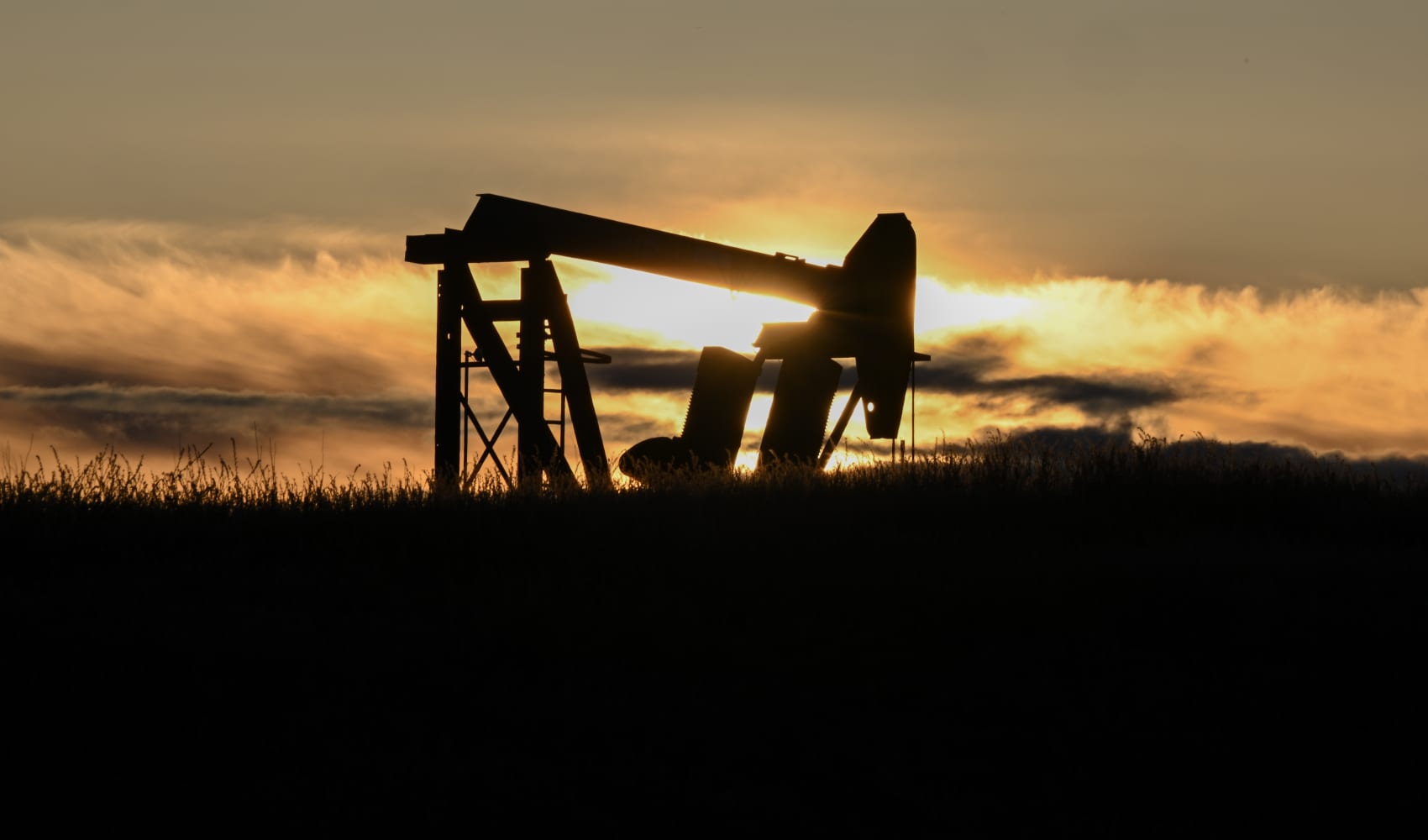
- Germany's political establishment has been in a state of flux for several years, arguably since Chancellor Angela Merkel announced in 2018 that she would not run for a fifth term in office.
- Since then, new political trends have emerged in the country.
- The Green Party is a beneficiary of new voter trends.
Germany's political establishment has been in a state of flux ever since Chancellor Angela Merkel announced in 2018 that she would not run for a fifth term in office.
Since then, amid constant speculation over who will be the next leader of Germany, new political trends have emerged in Europe's largest and most influential economy.
The Green Party, for instance, has grown in popularity among liberal, middle-class voters, benefitting from a shift in voters away from the political mainstream, and a more environmentally-conscious electorate.
Get DFW local news, weather forecasts and entertainment stories to your inbox. Sign up for NBC DFW newsletters.
Recent voter polls and several state elections show that support for the Greens has risen to such an extent that it could become instrumental in forming the next government after a national election in September.
Four polls conducted in mid-April in Germany put support for the party between 20-22%, making the Green Party the second most popular party after Angela Merkel's CDU/CSU alliance.
This center-right political group, made up of Merkel's Christian Democratic Union and its Bavarian sister party, the Christian Social Union, has been dominant in German politics for years. But support for the alliance came in around 28-31% in the same polls this month.
Money Report
Germany's political direction could become clearer this week as the Greens and CDU/CSU announce which candidates they will put forward to run for chancellor. On Monday, the Green Party confirmed that Annalena Baerbock will be its candidate for the next German chancellor.
Jürgen Trittin, member of the Bundestag and former leader of Germany's Green Party, told CNBC that Baerbock's candidacy was a "historic decision" and a new chapter for the party.
"Now, for the first time, this (election) race takes place between the Green Party on one side and the conservatives on the right side," he said. Trittin said he believed Baerbock would be supported broadly by the party as whole.
The CDU/CSU is also expected to announce this week who it will field in the September 26 vote, but it's unclear whether CDU leader Armin Laschet and CSU leader Markus Söder will lead the conservatives into the next election.
Berenberg Bank's Chief Economist Holger Schmieding on Monday put the chance that the CDU/CSU will lead the next German government at 65%, with the Greens as junior partner (a 95% probability).
However, the Schmieding also said there was a 35% chance that the Greens could form a government without the CDU/CSU. It could instead form a coalition with the Social Democratic Party (the SPD, currently a junior coalition partner with the CDU/CSU) and with either the liberal FDP or the Left Party as a third partner.
"Only a 'green-red-red' coalition between the Greens, the SPD and the left-wing Left Party would herald a major shift in German policies, notably towards tighter labour, housing and product markets regulations that would reduce German trend growth," Schmieding noted Monday.
Meanwhile, Deutsche Bank's macro strategy team said in a note Monday that, "it's no longer implausible that the next German chancellor could come from the Greens following September's federal election." Nonetheless, the bank still sees a CDU/CSU-Green coalition as its baseline scenario, as it expects the conservative alliance to regain polling momentum.
Speaking to CNBC Monday, Berenberg's Schmieding said a power vacuum caused by Merkel's departure was to be expected.
"When an older leader goes, and Angela Merkel will not run again, there is a bit of a vacuum and it's right that we see some of that, to some extent, on the European level and, to a more significant extent, on the German level," he told CNBC's Squawk Box Europe.






